Buying a car with a salvage title can seem like a great way to save money, but it comes with significant risks. From hidden damage to insurance challenges, these cars often bring more trouble than they’re worth. Understanding these risks can help you make an informed decision and avoid potential pitfalls. Here’s a look at 13 key risks of buying a salvage title car.
Contents
Hidden Damage
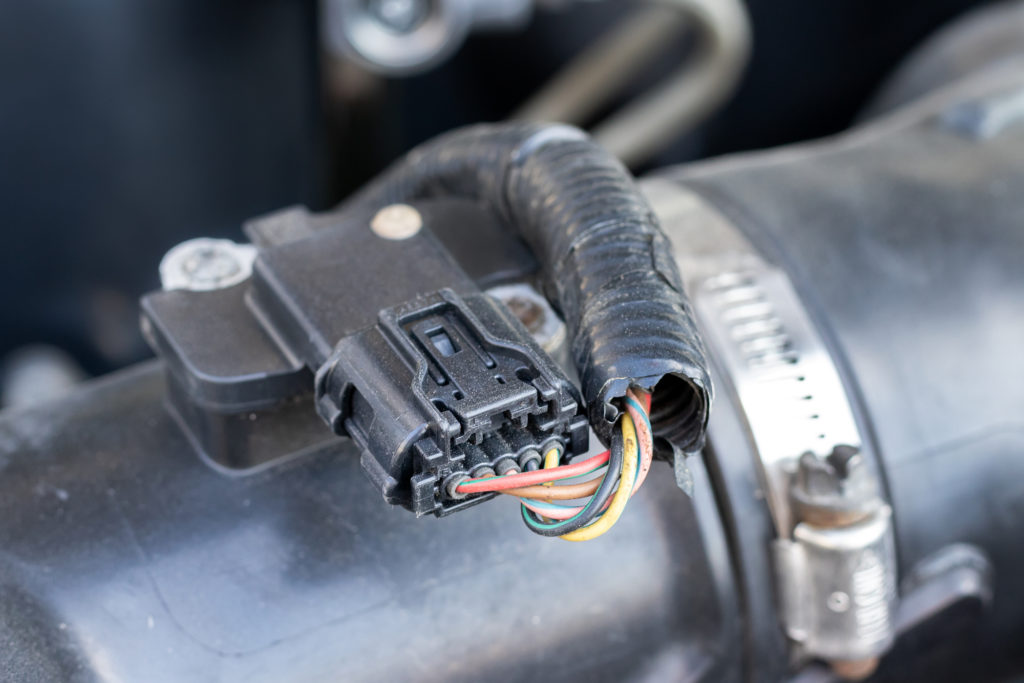
Vehicles with a salvage title often conceal damage that isn’t immediately visible. Such issues can include structural weaknesses that compromise the car’s integrity. Repairing these problems can be costly and may never fully restore the car. Consequently, you might face unexpected expenses and potential safety risks.
Lower Resale Value

Cars bearing a salvage title generally have a significantly lower resale value. Even if you manage to restore the vehicle to a good condition, the market price remains affected by the title. Buyers tend to be wary of these cars due to the risks involved. This can make selling the car in the future a challenge.
Insurance Challenges

Securing insurance for a vehicle with a salvage title can prove difficult. Many insurance companies are reluctant to offer coverage, and those that do may charge higher premiums. Additionally, coverage options might be limited, leaving you underinsured. This adds another layer of financial risk to owning the car.
Potential for Unreliable Repairs

Repairs on salvaged vehicles can be of questionable quality, as some sellers may cut corners to make the car appear functional. These temporary fixes might fail over time, leading to frequent breakdowns. Ensuring the car is properly repaired can be both time-consuming and expensive.
Increased Maintenance Costs
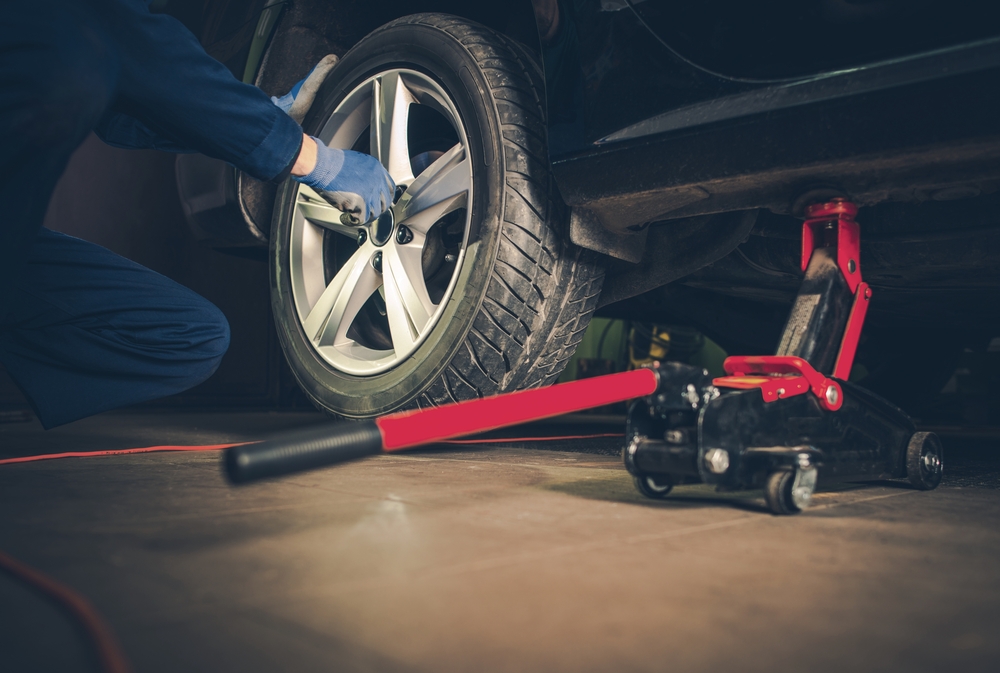
Vehicles with salvage titles often require more maintenance than those with clean titles. Ongoing issues stemming from previous damage can lead to frequent mechanic visits. This increases your overall cost of ownership and can be both frustrating and expensive.
Difficulty Registering the Vehicle

Registering a salvage title car can be more complicated than registering one with a clean title. Some states have stringent requirements for inspecting and approving these vehicles, which can be time-consuming and bureaucratic. Failure to meet these requirements can result in legal and financial issues.
Limited Warranty Options

Warranties for salvage title cars are typically limited or nonexistent. Manufacturers and third-party providers often exclude these vehicles from coverage, meaning any repairs or issues that arise will be entirely out of pocket. The lack of a warranty adds another layer of risk to your purchase.
Higher Depreciation Rate

Cars with salvage titles depreciate faster than those with clean titles. The stigma associated with a salvage title significantly affects their market value, causing these cars to lose value more quickly over time. This makes them a poor investment if you plan to sell them later.
Difficulty Finding Replacement Parts
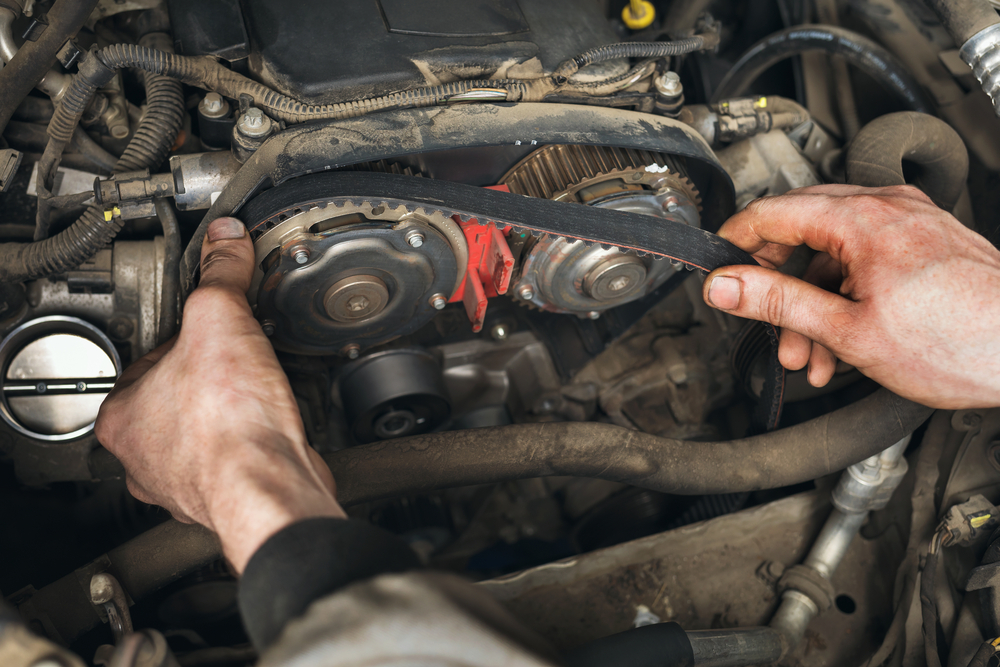
Finding replacement parts for a salvaged vehicle can be challenging. Some parts might be discontinued or hard to source due to the car’s previous damage, making repairs more expensive and time-consuming. In some cases, it might be impossible to restore the car to a fully functional state.
Environmental Concerns

These cars might have suffered from flooding or other environmental damage, leading to persistent issues such as mold, rust, and electrical problems. Such damage is often difficult to fully repair and can affect the car’s longevity. Awareness of these risks is essential when considering a salvage title vehicle.
Compromised Performance

Performance may be compromised in vehicles with a salvage title. Damage to the engine, transmission, or other critical systems can reduce the car’s efficiency and power. Even after repairs, the car might not perform as well as it originally did, affecting your driving experience.
Unknown Mileage Accuracy

Mileage accuracy in salvage title cars can be questionable. Damage to the odometer or intentional tampering by previous owners can result in inaccurate readings, making it difficult to gauge the true wear and tear on the vehicle. Reliable mileage information is crucial for assessing a car’s condition.
Lack of Recourse for Future Problems
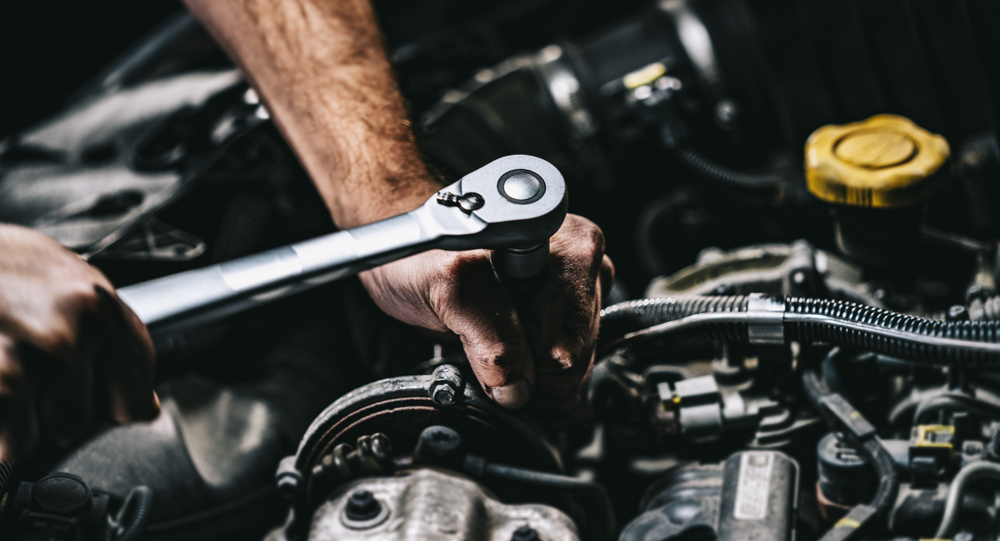
If problems arise with a salvage title car, options for recourse are limited. Warranties, lemon laws, and consumer protections often don’t apply to these vehicles, leaving you responsible for any issues that arise. Ensuring you fully understand the risks is crucial before making a purchase.
This article originally appeared on MyCarMakesNoise.
More from MyCarMakesNoise
13 Car Brands That Make More Sense to Buy New

When it comes to buying a car, opting for a new vehicle has its distinct advantages, especially with certain brands known for their durability, advanced technology, and strong resale value. Throughout this article, we explore car brands that are typically best to buy new, delving into what makes each one stand out and their recommended models to consider. Read More.
13 Custom Motorcycle Mistakes That Could Wreck Your Build

Customizing a motorcycle is a thrilling process that allows riders to express their style and enhance performance. However, it’s not without its pitfalls. Every modification should be approached with careful thought and planning, as even minor changes can have significant impacts on the bike’s functionality and safety. Read More.
15 Misconceptions About Classic Cars You Shouldn’t Believe
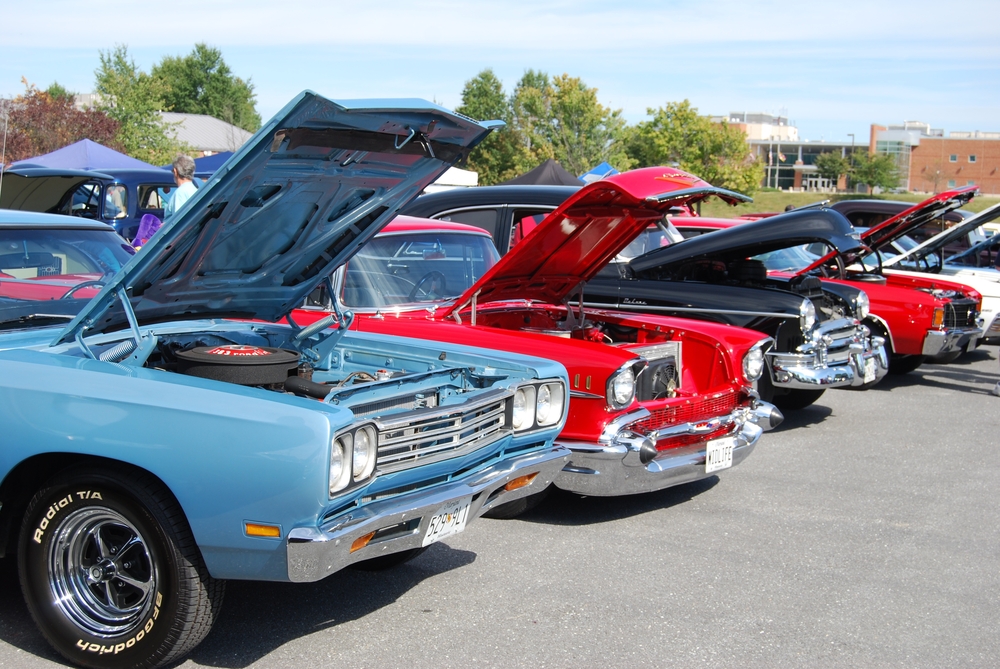
Classic cars have a timeless appeal, capturing the imagination of enthusiasts and collectors alike. However, along with their charm comes a host of myths that often cloud the reality of owning, restoring, and driving these vintage beauties. Read More.














